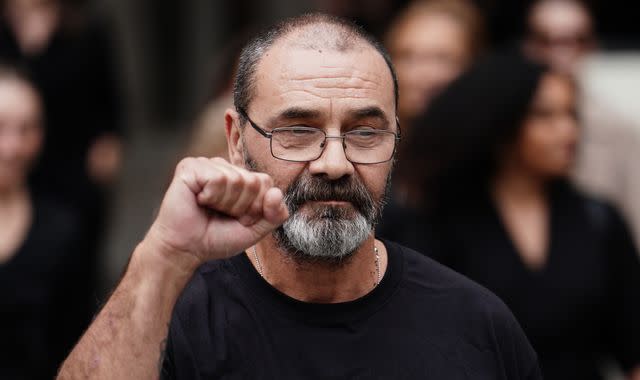UK compensation system for the wrongfully convicted could be transformed by European ruling

The way the UK compensates wrongfully convicted people could be transformed under a ruling expected today.
Two British men, Victor Nealon and Sam Hallam, brought an application to the European Court of Human Rights (ECtHR) after the UK Supreme Court ruled their cases did not satisfy the legal test for compensation in domestic law.
Mr Nealon served 17 years and three months in prison after being wrongfully convicted of attempted rape, while Mr Hallam spent seven years and seven months in jail for murder, conspiracy to commit grievous bodily harm and violent disorder, before his conviction was quashed.
Lawyers say UK courts required their clients to prove their innocence to be eligible for compensation.
They argued S133(1ZA) of the 1988 Criminal Justice Act is incompatible with the presumption of innocence principle outlined in Article 6(2) of the European Convention on Human Rights (ECHR).
Read more on Sky News:
Geri Halliwell drops married name
Man charged with 'voyeurism' at Taylor Swift's Edinburgh show
"We're all waiting the decision to see what the European Court says," Victor Nealon's solicitor Mark Newby told Sky News.
"It can't be right that people are effectively having to prove their innocence to obtain compensation."
Of the 92 applications for miscarriage of justice compensation made in the UK in 2023/24, 82 were rejected and only seven individuals were granted compensation.
In recent years, several high-profile cases helped shed light on the issue.
Some 900 sub-postmasters were prosecuted as faulty software showed money missing from their Post Office branch accounts.
Only 102 convictions have so far been overturned in the Post Office Horizon scandal, and in September 2023 a special scheme was set up for the victims, giving them the option to settle their claim for redress outside the statutory scheme.
Lawyers say the need for a separate scheme shows how inadequate and unfair the current system is.
In 2004, Andrew Malkinson was wrongly convicted of rape and jailed for life with a minimum term of seven years.
Like Mr Nealon, Mr Malkinson stayed in prison for another decade because he maintained his innocence.
Nearly a year after a court quashed his conviction, Mr Malkinson said he was surviving on Universal Credit and is still waiting for compensation.
"Hardly anybody is getting any compensation because the courts are applying this test to effectively refuse compensation," Mr Newby explained.
"Knowing what I know about the current compensation scheme, I wouldn't say it's even a slam dunk that Mr Malkinson will get compensation in due course, if the law stays as it is."
The ECtHR can declare an English law incompatible, but it is for the UK to make a decision as to how it responds.
In the event the ECtHR decides against the UK, the government would have to consider enacting legislation to change the current law, meaning it could still take years for miscarriage of justice victims to be compensated.


